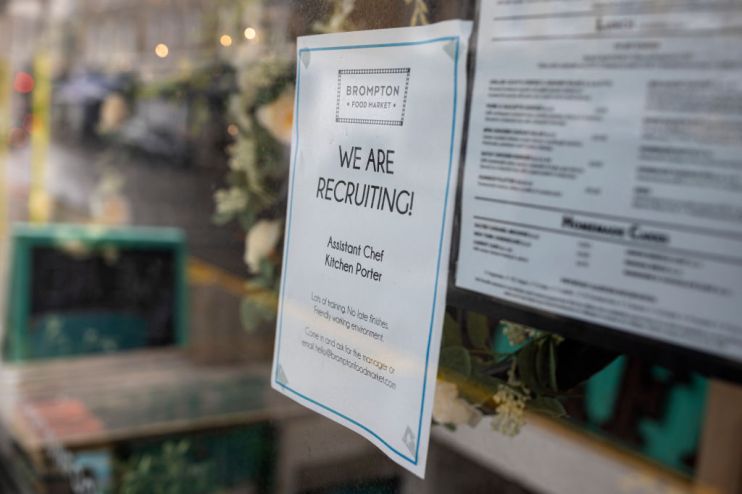Debate: Should London businesses be hiring from across the world to work remotely?

As the capital gradually returns to the office, businesses are grappling with a new challenge in hiring. Many have become accustomed to remote working over the last year and are keen to access the most talented people from across the world in order to fill vacancies. Is it the right way forward? Callum Adamson and Geoff Smith, take a side.
Callum Adamson, CEO and Co-founder, Distributed says YES:
London will always have global appeal as a premier commercial hub, because of its people, proximity to world-class universities and status as a financial powerhouse. However, the acceleration in remote working has led to a move away from traditional urban centres that means businesses must look beyond a 20-mile commuter radius for employees.
Equally, a world built on technology – an industry that London aspires to lead – also needs specialists to do said building. It’s not as simple as “upskilling” people in these roles – this takes years of dedication to become professionally capable. We have to look elsewhere – whether hiring freelancers, digital nomads or permanent workers to compile the best team for the job.
In this context, London businesses will have no choice but to lean on a global talent pool to meet demand, or risk not having sufficient skilled workers to sustain the city’s growth. To be globally competitive, they will need to access new talent wherever they are, rather than fight over those based here already. A city with an international mindset like London should approach talent recruitment in the same way.
Geoff Smith, CEO of Grayce says NO:
We are facing a critical skills shortage, particularly in our capital where so many large (but also smaller) organisations are headquartered. This is specifically a digital skills shortage, to which we need to find a solution urgently. Hiring from abroad to work remotely, which has only recently been normalised by the pandemic, is by not the answer to this skills crisis. While international talent can be hugely beneficial to a workforce, there is a pool of young talent at our disposal right here and now that can – and should – be tapped up.
Many young graduates are struggling in the jobs market, and we owe it to them, and our future success, to help them learn on the job. They are willing, eager and hungry to acquire new skills to ensure that London remains the business capital of the world. Now is the time for young grads in the UK hoping to kickstart their careers to be given a chance, and we know that the UK can close the digital skills gap with the emerging young talent that we have at our disposal.